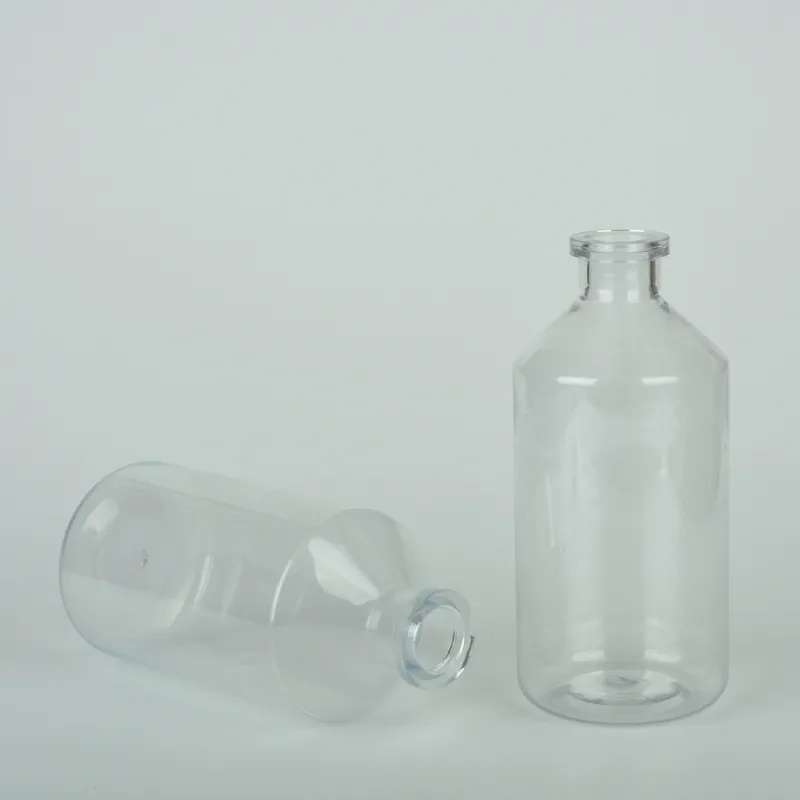types of sample tubes
Types of Sample Tubes An Overview
Sample tubes are essential tools in laboratories and medical settings, facilitating the collection, transport, and storage of biological samples. Despite their seemingly simple design, these tubes come in various types, each tailored to specific applications and requirements. Understanding the different types of sample tubes is crucial for achieving accurate results in diagnostic testing and research.
1. Whole Blood Collection Tubes
Whole blood collection tubes are designed to preserve the integrity of blood samples during transport and storage. These tubes typically contain additives, such as anticoagulants or clotting agents, to prevent the blood from coagulating. Common types include EDTA tubes, which are often used for hematology tests, and sodium citrate tubes, which are used for coagulation studies. The color-coding of these tubes often indicates the type of additive present, making it easier for lab technicians to select the appropriate tube for their needs.
2. Serum Separator Tubes (SST)
Serum separator tubes are used for collecting serum samples, as they contain a gel separator that allows for the separation of serum from blood cells upon centrifugation. These tubes are commonly used for a variety of serological tests, including hormone, vitamin, and antibody tests. The gel barrier facilitates the easy collection of serum without contamination from cellular components, ensuring more reliable test outcomes.
3. Plasma Collection Tubes
types of sample tubes

Plasma collection tubes are specifically designed for the collection of plasma samples. They contain anticoagulants such as heparin or EDTA, which prevent the blood from clotting. After centrifugation, the liquid plasma can be separated from the cellular components for further analysis. These tubes are commonly employed in chemistry and toxicology tests, allowing for accurate measurement of various substances in the plasma.
4. Microtubes
Microtubes are smaller sample tubes often used for collecting smaller volumes of biological fluids, such as saliva or urine. They are especially useful in pediatric and research settings where only a limited amount of sample is available. These tubes can be manufactured from various materials, including polypropylene, which offers high chemical resistance, making them suitable for a wide range of applications.
5. Specialized Tubes
In addition to the standard types mentioned above, there are specialized tubes designed for specific tests or applications, such as culture tubes for microbiological samples or transport tubes for specimens that require particular environmental conditions.
In conclusion, the varied types of sample tubes play a crucial role in laboratory diagnostics, each serving distinct purposes based on the nature of the sample and the intended analysis. Proper selection and handling of these tubes are vital to ensure the integrity of the samples and, ultimately, the accuracy of the test results. Understanding the characteristics and applications of different sample tubes empowers healthcare professionals and researchers to make informed decisions in their work.
-
Aesthetic Makeup Spray Bottles | Fine Mist Empty RefillableNewsAug.19,2025
-
White Plastic Veterinary Vaccine Vials | Lab Liquid BottlesNewsAug.18,2025
-
Plastic Medicine Liquid Bottle: Secure Flip Top Drug VialsNewsAug.17,2025
-
Durable 250ml Blue Plastic Vaccine Vial for Lab & Vet UseNewsAug.16,2025
-
Sterile Virus Sample Tubes: Secure & Reliable Specimen CollectionNewsAug.15,2025
-
White 250ml Plastic Vaccine Vial for Lab & Vet MedicineNewsAug.14,2025
























